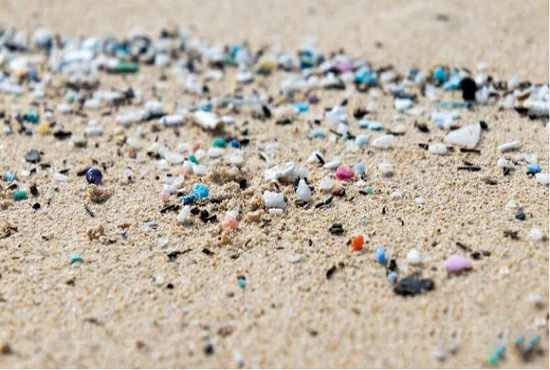Recently, the Israeli government plans to double taxes on single-use plastics to curb plastic consumption. According to the Ministry of Finance and the Ministry of Environmental Protection, the increase in taxes will result in a 40% reduction in plastic consumption. If approved, the plastic tax may take effect in early 2022. The government has not yet determined the exact amount of the tax on plastics such as cups, plates, bowls, cutlery, and straws.
It is estimated that the average Israeli uses 7.5 kilograms of single-use plastics per person per year, five times the amount used in the EU. In the joint statement issued by the Ministry of Environmental Protection and the Ministry of Finance, the Minister of Environmental Protection Tamal Zandberg was quoted as saying: "The production of single-use plastics is based on polluting fuels and has a negative impact on the climate crisis."
Of the more than 380 million tons of plastic waste generated each year, 50% are disposable plastics. With just a few moments, plastic bags, takeaway containers, and disposable coffee cups may clog landfills in the coming thousands of years, causing serious coastal and ocean pollution.
This is why the United Nations Environment Programme calls on governments to take action to curb plastic waste. Environment Minister Zandberg said: "We are submerged in single-use plastic, and we have all seen its impact on the cleanliness of the land and the quality of our lives."

According to the Arava Institute of the Middle East Academic and Environmental Research Institute, Israel’s progress in the circular economy so far has been driven by the joint efforts of industry partners, civil society, the education sector, and selected entrepreneurs.
The report "A New Perspective on Plastic Waste in Israel: Circular Economy" pointed out that so far, the government has made few efforts to establish a circular plastic model economy, and believes that there is no legislative pillar to rely on. In 2018, the national resource streamlining and industry circular economy plan implemented by the Ministry of Finance and the Ministry of Environmental Protection is doomed to fail. Regulatory measures such as the 2017 plastic bag tax helped reduce the use of plastic by 80%, proving that government intervention can help make the country more sustainable.

